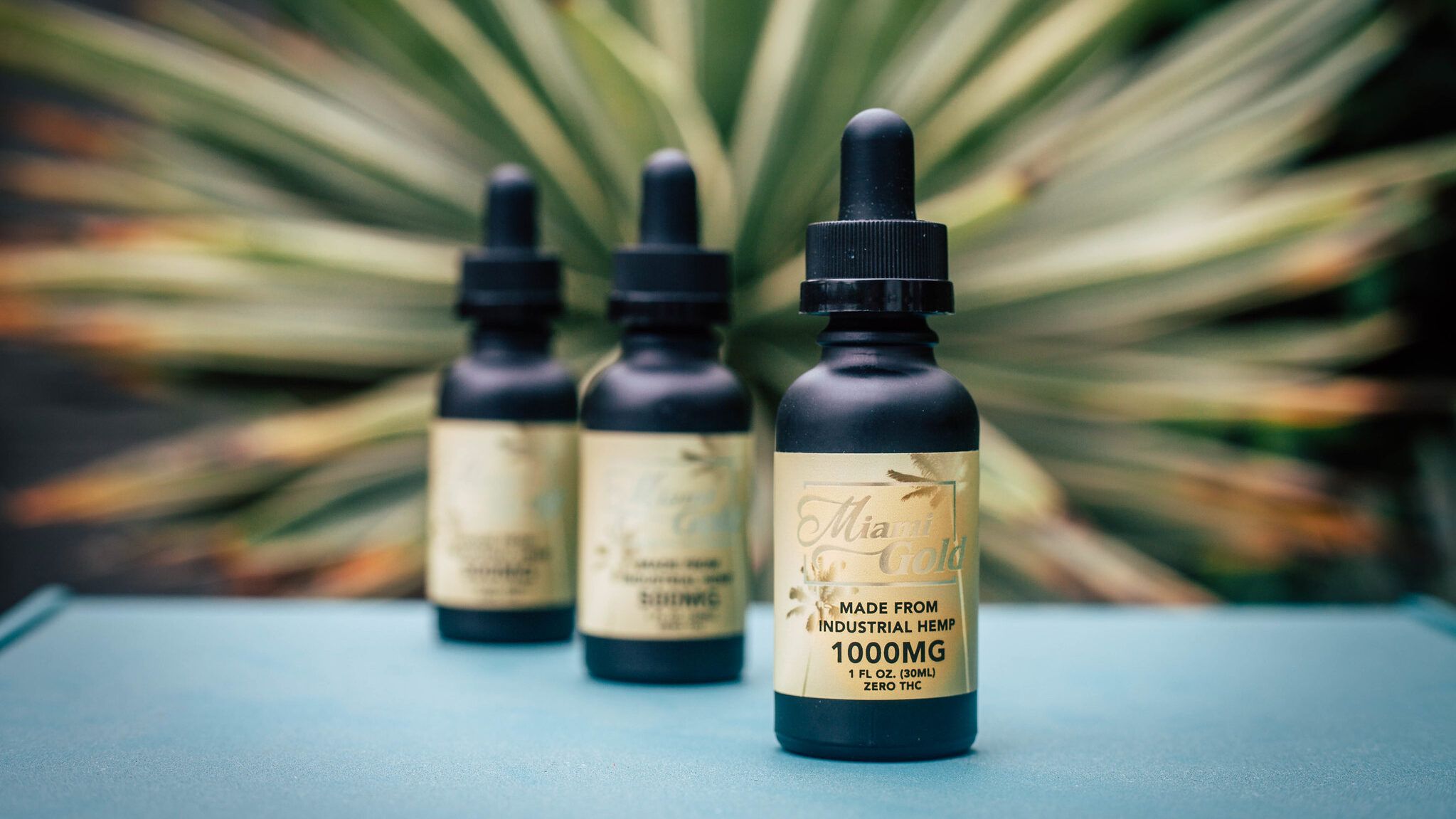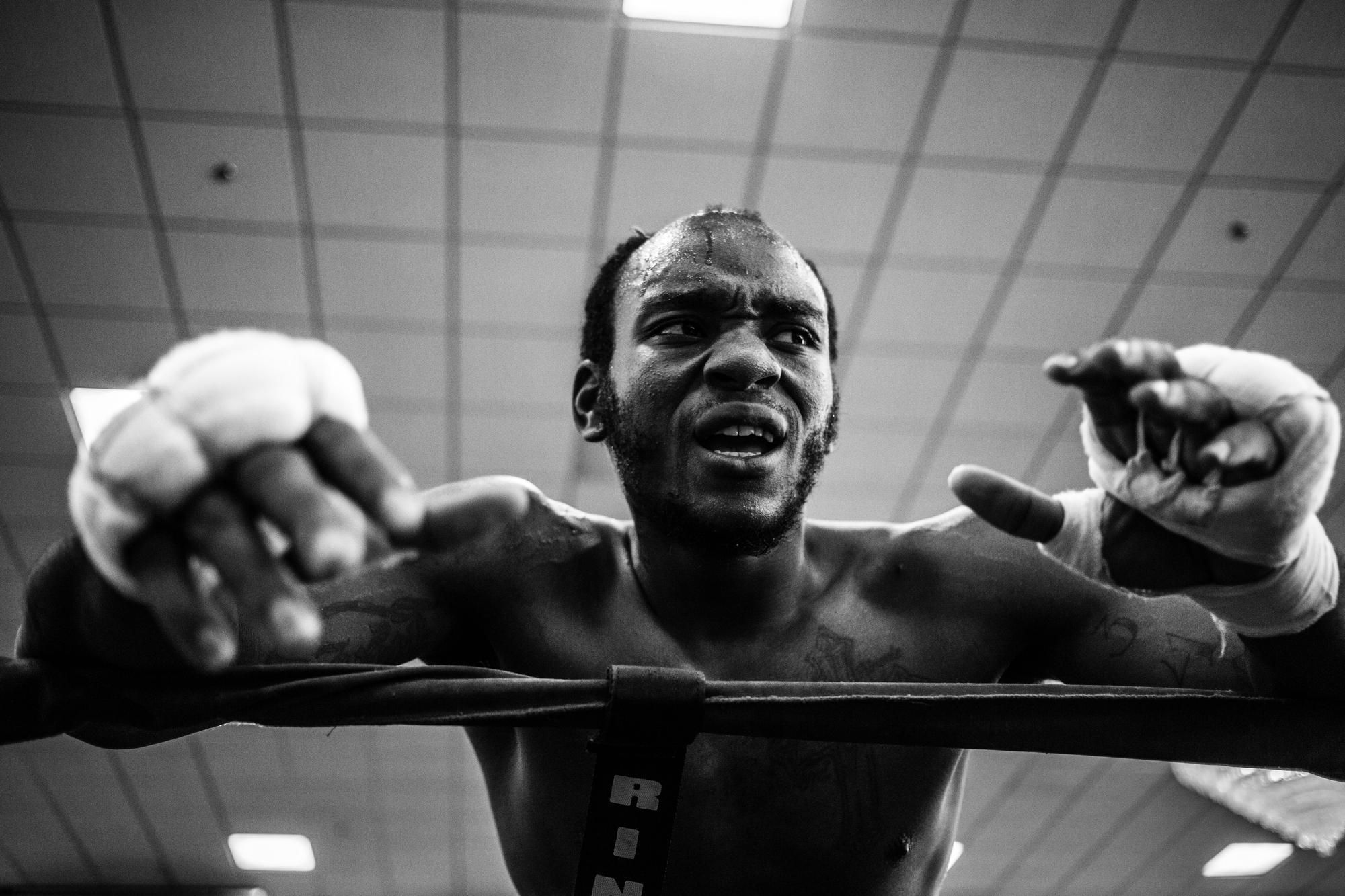Redefining Recovery: The Rise of Cannabis in MMA for Pain Management

Pain management and recovery strategies in professional sports has increasingly spotlighted cannabis as a viable alternative to traditional painkillers. With its legalization in various regions and growing acceptance, cannabis is gaining popularity among athletes, particularly in high-contact sports such as Mixed Martial Arts (MMA) and the Ultimate Fighting Championship (UFC). These athletes often endure rigorous training schedules and frequent bouts in the octagon, which can lead to chronic pain and significant physical strain. The shift towards cannabis is driven by its potential to offer effective recovery benefits, manage chronic pain, and even support mental health, without the severe side effects associated with opioids and other pain medications.
Fighters and trainers are advocating for its use in recovery processes, noting that cannabis helps in reducing inflammation, easing muscle pain, and enhancing relaxation, which can significantly improve recovery times. Subsequently, many athletes report that cannabis aids not just their physical recuperation but also their mental well-being, helping them to manage stress and anxiety associated with intense competition and performance pressures. These benefits are crucial, especially in a sport that requires both peak physical readiness and mental sharpness.
The acceptance of marijuana, however, in professional sports is not without its complexities. The substance’s status has been contentious, governed by strict policies. The safety profile of cannabis also plays a significant role in its adoption among athletes. Compared to traditional pain management options, cannabis presents fewer long-term health risks and lower potential for addiction. Nevertheless, ongoing research and education are essential to fully understand the implications of cannabis use in this context, ensuring that athletes can make informed decisions about their health and career.
Recently, the Ultimate Fighting Championship (UFC) announced it has removed marijuana from its list of banned substances for MMA fighters. This pivotal policy change, facilitated in cooperation with the United States Anti-Doping Agency (USADA), acknowledges the growing body of research that recognizes the therapeutic benefits of cannabis, especially in pain management and recovery. The UFC aims to support athletes’ health and well-being, allowing them to use marijuana for recovery and medicinal purposes without the fear of facing suspensions or fines.
As more athletes share their positive experiences with cannabis for recovery and pain management, and as the legal framework continues to adapt, it is likely that its acceptance will grow. This marks a significant change in options athletes have for the management of athlete health and well-being. As this trend continues, it could herald a new era in sports medicine, where cannabis is as commonplace and accepted as other recovery aids and treatments.
Read about cannabis and performance here.

